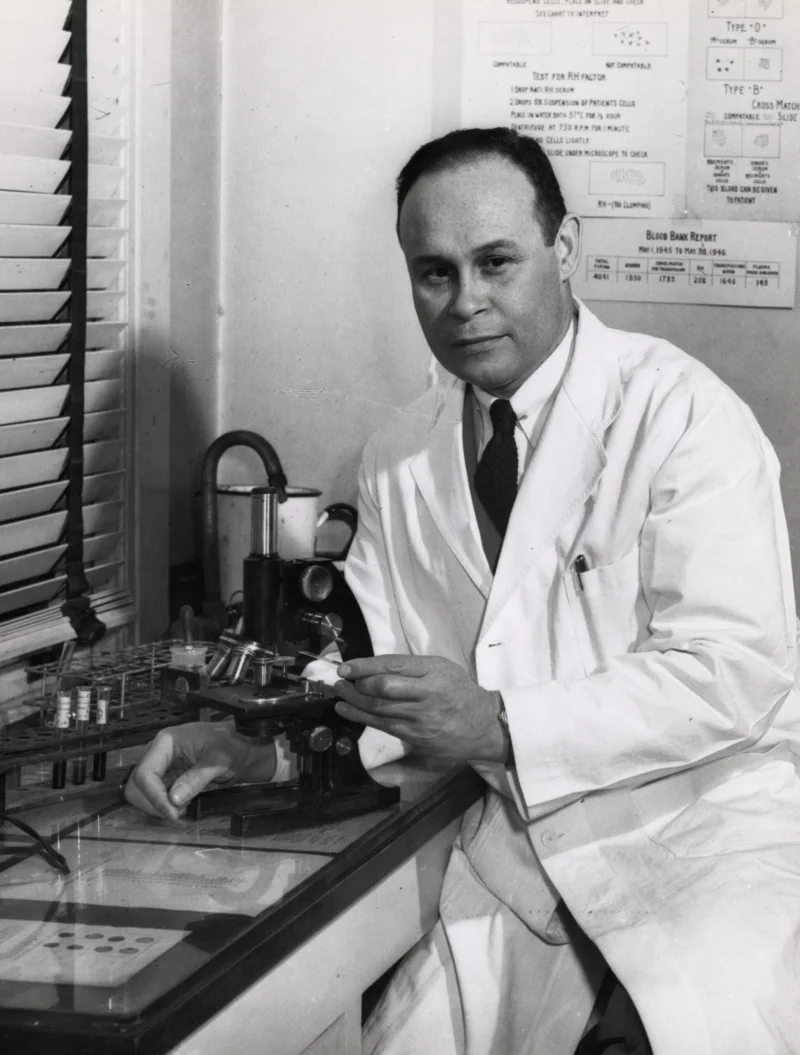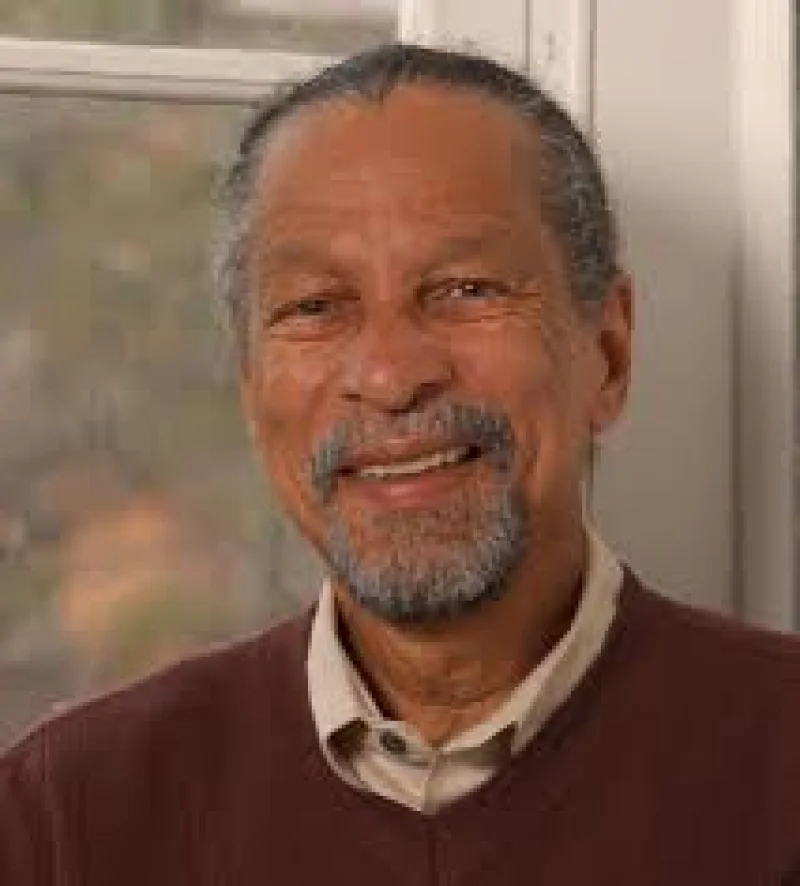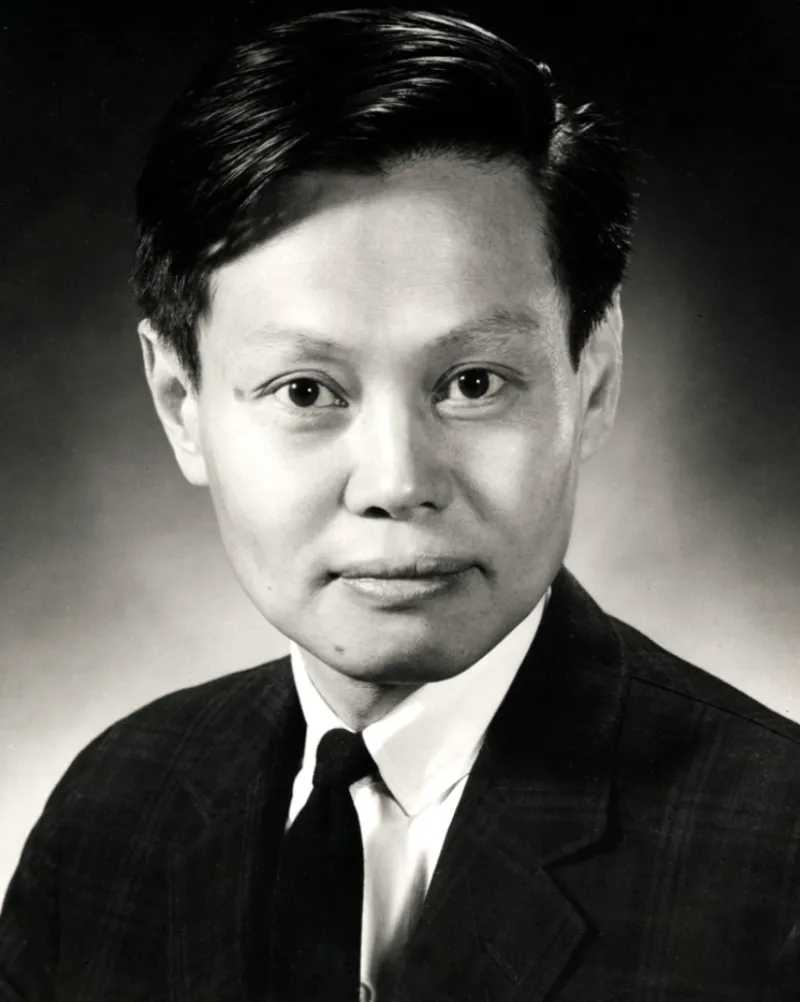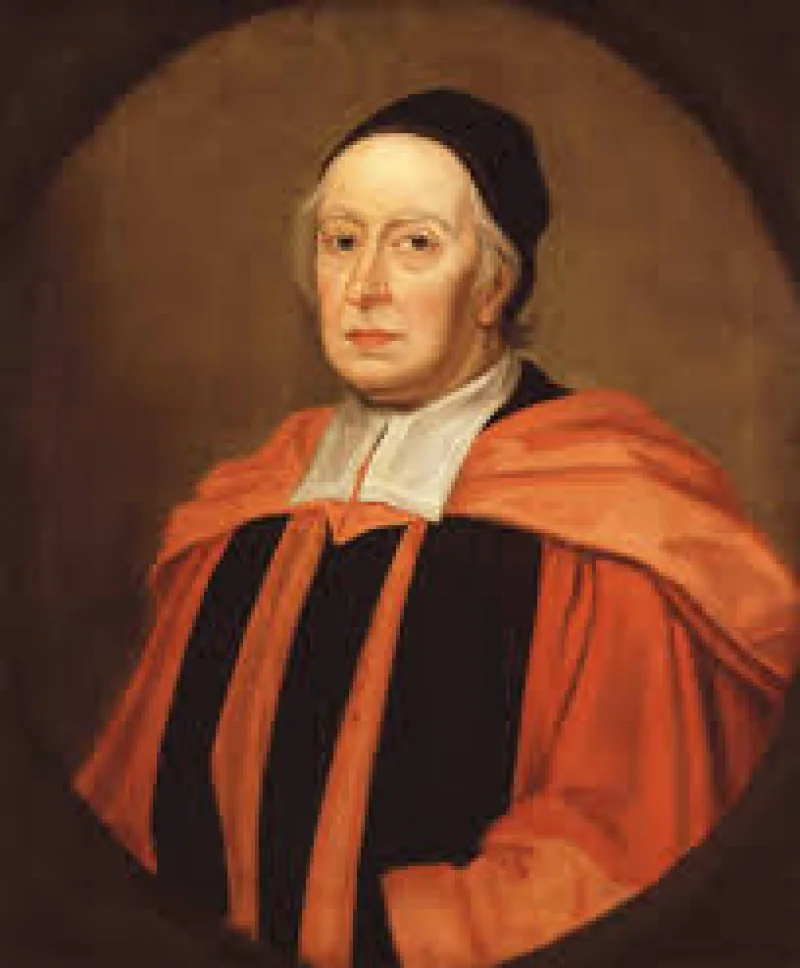Short Summary
Jagadish Chandra Bose was a pioneering scientist from India renowned for his groundbreaking work in plant physiology and radio waves. He is celebrated for his advancements in the field of biophysics and for being one of the first to demonstrate wireless communication. His innovative experiments and inventions laid the foundation for subsequent developments in both biology and physics, earning him a lasting reputation as a visionary scientist.
Early Life & Education
Bose was born on November 30, 1858, in Mymensingh, Bengal Presidency, British India, now in Bangladesh. He was raised in a culturally rich environment by his father, Bhagawan Chandra Bose, who was a civil servant and a strong advocate for education. Bose attended the University of Calcutta, where he earned a degree in physical sciences. He later moved to England to study natural sciences at Christ's College, Cambridge. His early influences included his father's emphasis on education and the rich intellectual environment of his formative years.
Career Highlights
Bose began his career as a professor of physics at Presidency College in Calcutta, where he conducted pioneering research despite limited resources. His work on the response of plants to stimuli led him to invent the crescograph, an instrument that measures plant growth. He also made significant contributions to the field of radio technology, demonstrating the potential for wireless communication before Guglielmo Marconi. Bose's interdisciplinary approach and commitment to scientific inquiry distinguished his career and earned him recognition as a leading figure in both biology and physics.
Major Achievements
- Invented the crescograph, which demonstrated plant responses to external stimuli.
- Pioneered early experiments in wireless communication, laying groundwork for radio technology.
- Conducted groundbreaking studies on the electrical nature of plant stimuli.
- Published influential research papers that bridged physics and biology.
Famous Quotes
- "The true laboratory is the mind, where behind illusions we uncover the laws of truth."
- "I have done my duty to my country."
Interesting Facts
- Bose was the first Indian to receive a U.S. patent, specifically for his invention of a device related to wireless telecommunication.
- He was knighted in 1917 for his contributions to science.
- Bose believed in the unity of life, arguing that plants could feel pain and understand affection.
- He founded the Bose Institute in Kolkata, which remains a leading research center.
Legacy / Influence
Bose's pioneering work has left a lasting impact on both the scientific community and broader society. His contributions to radio technology paved the way for modern wireless communication, while his studies in plant physiology highlighted the interconnectedness of all life forms. His interdisciplinary approach inspired subsequent generations of scientists to pursue innovative research across multiple fields.
FAQ
Q: Why is Jagadish Chandra Bose famous?
A: He is famous for his pioneering work in plant physiology and early experiments in wireless communication.
Q: What did Bose invent related to plants?
A: He invented the crescograph, an instrument to measure plant growth and responses.
Q: Did Bose achieve recognition during his lifetime?
A: Yes, he was knighted in 1917 for his contributions to science.













